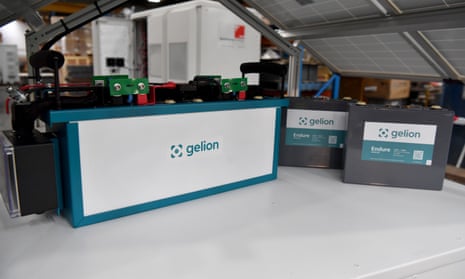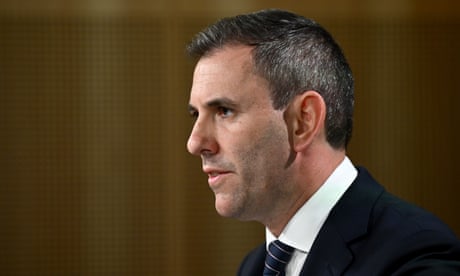Extract from The Guardian
Gathering of state and federal officials in Brisbane on Thursday not expected to result in consensus on proposed price caps on coal and gas.

Thu 8 Dec 2022 01.00 AEDT
Last modified on Thu 8 Dec 2022 01.03 AEDTHowever, the ministers are unlikely to hold lengthy discussions over any Albanese government proposal to impose price caps on coal and gas.
There was speculation on Wednesday that the government was pushing the states to cap the price of coal at $125 a tonne, less than half the current market rate, but Guardian Australia understands no decision is expected before Friday’s national meeting between the prime minister, premiers and chief ministers.
Energy ministers agreed to advance discussions on a so-called capacity investment mechanism at their October meeting. Officials told Guardian Australia that ratification of those plans – which would support the addition of new storage to the grid – was likely to be a key outcome of Thursday’s gathering.
The scheme would depart from the extensive work on a separate capacity market prepared by energy regulators earlier this year. Several jurisdictions, particularly Victoria, opposed any proposal that extended the operations of existing fossil fuel plants.
A spokesperson for the federal energy minister, Chris Bowen, said the government was “working quickly and constructively with state and territory energy ministers to address national market reforms critical to security and reliability of the energy market”.
These measures included the National Energy Transformation Partnership and progress on a mechanism to incentivise dispatchable capacity, both of which would “be progressed” at the ministers’ discussions.
“This comes after 10 years of energy policy chaos where 4GW of dispatchable capacity left the market and only 1GW was put back in,” the spokesperson said.
National cabinet had been expected to meet on Wednesday to settle on plans to address the jump in energy prices. However, the prime minister, Anthony Albanese, contracted Covid, prompting the meeting’s postponement until Friday and placing it after the energy ministers’ gathering.
Speculation continues over the introduction of a price cap on gas and coal with associated compensation for NSW and Queensland. The states said last week they were in the dark about what the federal government would do, with one senior minister telling Guardian Australia on Monday: “I cannot work it out.”
Cameron Dick, Queensland’s treasurer, would not be drawn on the size of the proposed price caps but insisted his government would reject any proposal that unfairly affected his state.
“We want to work with the federal government but we don’t want to be disadvantaged,” Dick said on Wednesday.
“We understand the pressure on households and businesses, which is exactly why we’ve given $1.8bn back to Queenslanders,” he said. “At national cabinet on Friday [we’ll] work through the final details it would seem, but there’s still a long way to go.”
Unlike other states, Queensland and NSW generate most of their electricity from black coal. In Queensland’s case, the government owns most of the power generators and can recycle some of its windfall earnings to residents.
For NSW, about 20% of the coal burnt in power plants is bought at the spot market. With Europe scrambling to find alternatives to Russian gas in the wake of Moscow’s invasion of Ukraine, global coal prices have soared, lifting the price of the non-contracted coal burnt in NSW power plants.
Both NSW and Queensland want compensation for any losses from royalties or other profits from a federal intervention to lower gas and coal prices.
“This whole thing strikes me as very underdone,” Bruce Mountain, the head of the Victoria Energy Policy Centre, said.
Speculation the coal price cap may be in the order of $125 a tonne – compared with global prices of about $600 – could mean Queensland would miss out on $2bn a year in royalties.
Still, it would be “nonsense” for the federal government to use taxpayer funds to bail out Queensland, he said. Instead, the Queensland government should consider reducing the size of profits made by state-owned generators, lowering the power price for consumers in that state and across the national electricity market in the process.
Mountain welcomed indications that the energy ministers were likely to sign off on a capacity mechanism supporting new storage for the grid. Chemical batteries at scale could be built quickly and would provide “advantages for all the challenges” the grid faces in the future as new renewable plants are built and coal- and gas-fired power stations exited, he said.
“This may well be a national scheme in name but state-based in its implementation,” Mountain said, adding such an arrangement would also require the plan to be adjusted to meet each state’s particular decarbonisation priorities.

No comments:
Post a Comment